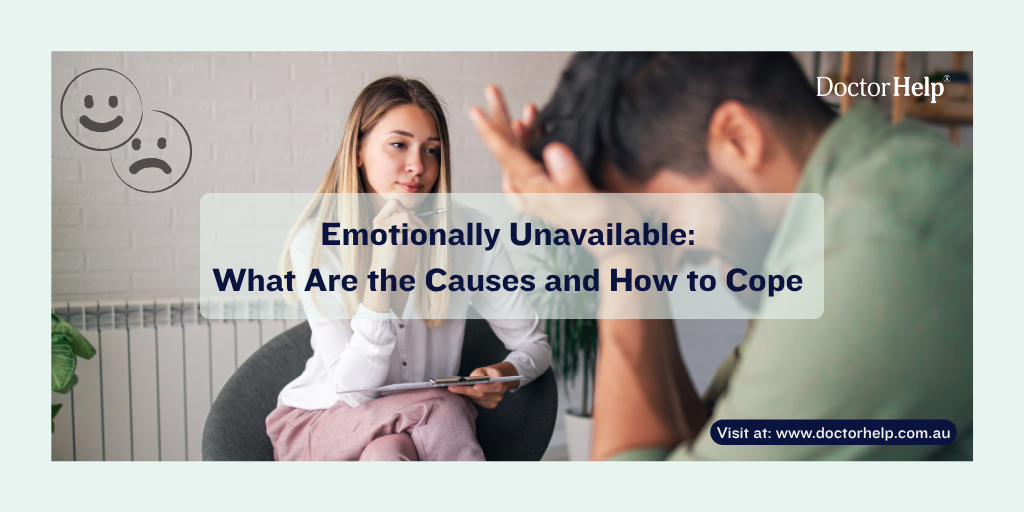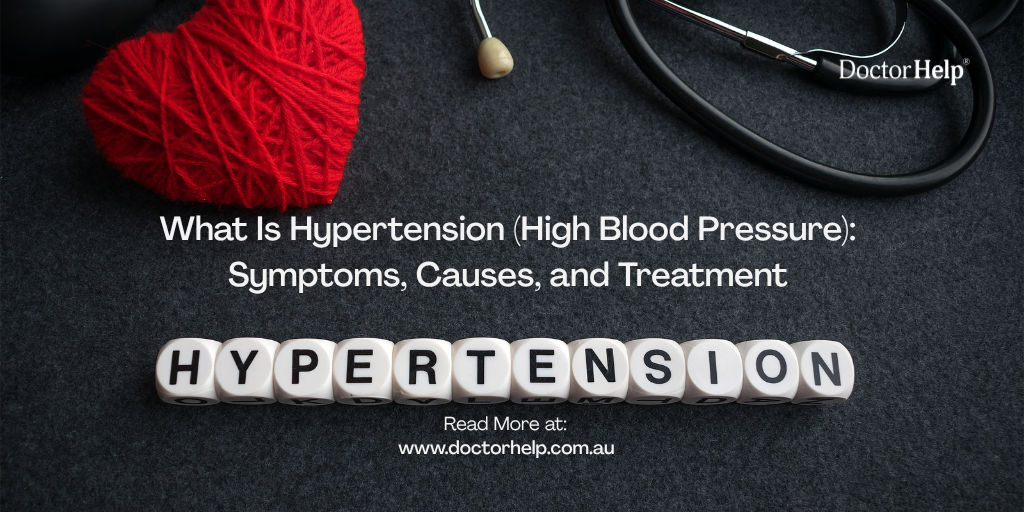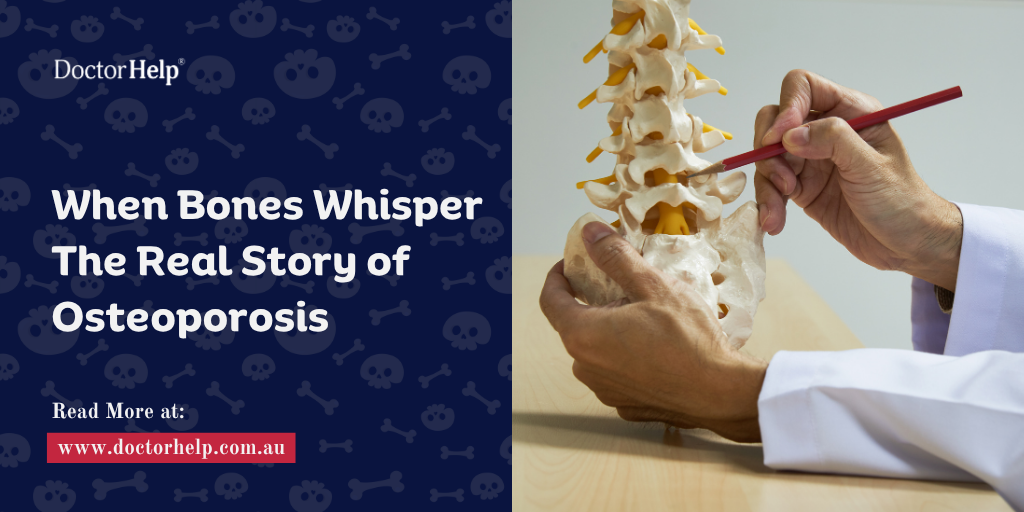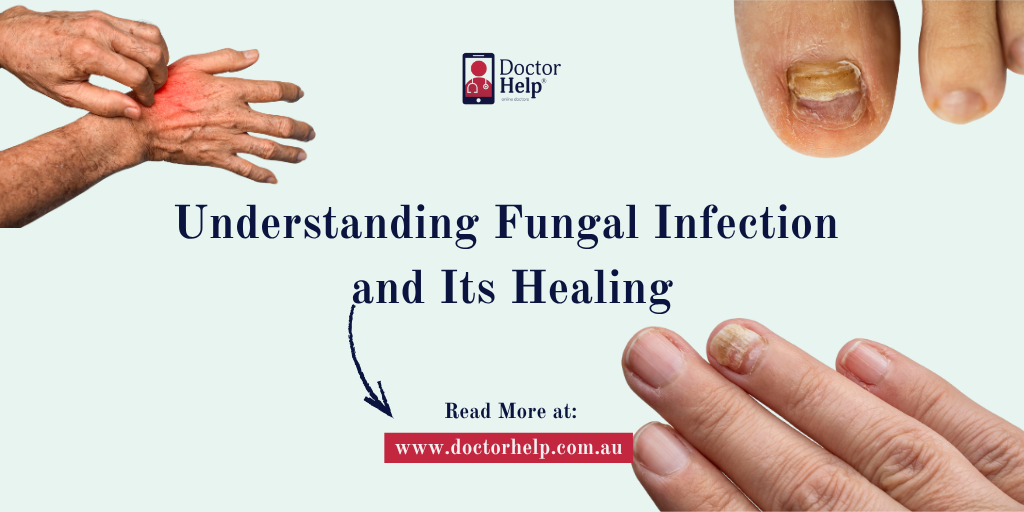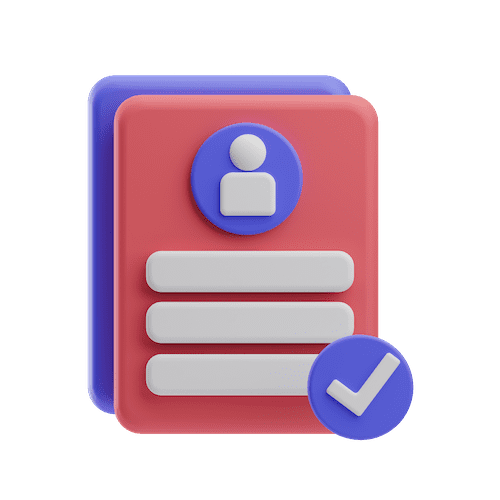Table of Contents
The inability to build strong emotional connections because of anxiety, tragedies, or other internal limitations is referred to as emotional unavailability. The emotionally unavailable signs include irregular behaviour, emotional distancing, and lack of close talks. To avoid relationship dissatisfaction, one must be able to identify these indicators early. Talk about it or put some boundaries, this is the only way your relationships will get better and more satisfying.
Missed connections and unsaid sentiments can easily become entangled in the vortex of modern interactions. In this context, the overused yet sometimes misunderstood phrase “emotionally unavailable” becomes relevant. The core of emotional unavailability is unwillingness to be vulnerable or the inability to establish tight emotional bonds. Identifying emotional unavailability sooner than later can very well help reduce the risk of relationship doubt and discontent regardless of whether it is brought about by past experiences, intimacy fear, or just plain lack of readiness.
What Does It Mean to Be Emotionally Unavailable?
If you have trouble forming strong emotional bonds with others or try to avoid sharing personal, sensitive moments with them, you may be emotionally not available. Typically, it entails avoiding emotionally charged situations, keeping feelings buried, or avoiding personal relationships. This could be because of a lack of confidence, a traumatic experience, or an inability to connect with others on a more profound level.
It is important to note that emotional unavailability is not a clinical disorder or pathology, but rather a learned protective strategy or behavioural pattern developed in response to past experiences or emotional challenges. This distinction helps avoid pathologizing what is often a survival mechanism aimed at preserving emotional safety.
What Makes Someone Emotional Unavailability
Being emotionally unavailable doesn’t mean someone doesn’t care, it often means they’ve learned to shut down emotionally, sometimes without realising it. This can happen for many reasons, and recognising them is the first step toward building healthier relationships.
Past experiences like childhood neglect or heartbreak can cause people to hold back emotionally. They may fear getting hurt again and struggle with trust or openness.
Some deal with attachment issues, where closeness feels unsafe due to early relationship patterns. Others avoid emotional connection because they see vulnerability as weakness, or they’re constantly stressed, burned out, or dealing with mental health conditions like anxiety or depression.
In these cases, even daily emotional connection can feel exhausting. These mental health conditions are commonly addressed in Australian clinical guidelines, which recommend therapies like Cognitive Behavioural Therapy (CBT) and Acceptance and Commitment Therapy (ACT).
Low self-worth, fear of commitment, and past toxic relationships can also lead to emotional distance. Some simply aren’t used to expressing feelings because of how they were raised, especially if emotional expression wasn’t encouraged.
Whether it’s an emotionally unavailable man, partner, or emotionally unavailable woman, emotional unavailability often comes from a mix of personal history, mental health, and learned behaviour.
At Doctor Help, we understand the impact this can have and support individuals in recognising these patterns and creating space for healthier emotional connection.
What Causes Emotional Unavailability in a Partner?
There are a number of reasons why one’s partner could become emotionally unavailable, such as:
Inability to commit: Someone who isn’t emotionally prepared for a long-term relationship may avoid developing deep feelings for another person in order to maintain their freedom.
Attributes of personality: Some individuals may be born with a natural tendency to be emotionally distant or reserved.
Relationship anxiety: Some individuals hide who they really are for fear of rejection or hurt feelings.
Past psychological trauma: Individuals may emotionally retreat as a defence mechanism due to prior experiences of trauma, such as rejection, abuse, or sorrow.
Self-doubt: An individual might turn down relationships with others in an effort to maintain their sense of self if they suffer from low self-worth or have unresolved personal issues.
Persistent challenges: Difficulty in establishing a strong emotional bond in a relationship could be caused by ongoing emotional disputes or stressors.
Because of these things, a person’s behaviour could come off as cold, uninterested, or hesitant to establish a stronger emotional connection. If a partner is emotionally unavailable, it might be because of their personality, their insecurity, their fear of intimacy, their inability to settle disputes, or their lack of preparation for commitment.
These factors could make it hard for them to connect on a deep emotional level or have passionate moments with their partner.
For Australians seeking support, mental health services such as Beyond Blue and the Australian Psychological Society provide valuable resources and guidance for managing emotional difficulties and trauma.
What Should One Do if They Are Emotionally Not Available?
Emotional unavailability may make it hard to communicate emotions and form deep bonds. Improve your relationships and mental health by facing this difficulty head-on and actively seeking emotional openness:
- Acknowledge the issue: To change, one must first understand emotional unavailability. recognising patterns and their origins becomes easier with self-awareness.
- Identify the core causes: Reasons can include attachment difficulties, a history of trauma, or a fear of showing vulnerability. One way to identify emotional roadblocks is to think back on past events.
- Introspect: Journaling or therapy may be great tools for self-reflection and emotional inquiry. Gaining awareness of one’s own emotional triggers enables one to better control their emotions.
- Raise the level of discourse: Strong relationships are the result of open communication of ideas and emotions. Genuine conversations help in developing emotional bonds.
- Foster emotional intelligence: Mindfulness and meditation are great ways to become more self-aware and develop emotional intelligence. One way to control one’s reactions is to be aware of one’s emotions as they happen.
- Address avoidance behaviour: Staying emotionally distant from others is a result of confrontation avoidance behaviours, such as avoiding deep talks or physical closeness. Connecting with others on an emotional level fosters growth.
- Seek for expert help: Therapy may be a great resource for overcoming emotional obstacles. Better emotional routines may be helped by seeing a mental health professional.
- Steadily build trust: It takes time and effort to become emotionally open. Building safe connections requires baby steps toward vulnerability.
- Foster connections: Build relationships by engaging in deep discussion and spending time with people you care about. Improving connection and mutual understanding is possible by being emotionally accessible.
- Be patient with yourself: Embracing change and overcoming obstacles are two sides of the same coin. Continued dedication and kindness towards oneself will pave the way for emotional maturation.
Being emotionally available requires introspection, persistence, and commitment. Building stronger emotional relationships and fostering personal development may be achieved via self-reflection, open dialogue, and expert advice.
Final thoughts
Meaningful relationships may be achieved by recognising emotional obstacles and actively seeking to be more open. Building deeper connections and promoting long-term emotional development requires consistency and patience.
In a relationship, emotional unavailability acts as a barrier. Preventing needless suffering requires early awareness of the symptoms, such as avoiding significant talks or keeping emotional distance. Emotional awareness is key to building healthier relationships, whether it’s by communicating honestly or knowing when to step away.
Ready to talk? Connect with a trusted online doctor today and take the first step toward feeling better–therapy, support, and real care are just a click away.
References
- Reach behavioural Health. (2025, July 11). What are the signs I am emotionally unavailable? REACH Ohio. Reach behavioural Health.
https://reachbh.org/signs-i-am-emotionally-unavailable/ - Boyer, S. M., Caplan, J. E., & Edwards, L. K. (2022). Trauma-Related Dissociation and the dissociative disorders: Delaware Journal of Public Health, 8(2), 78–84.
https://doi.org/10.32481/djph.2022.05.010 - Segal, J., PhD, Smith, M., MA, & Robinson, L. (2025, March 13). Improving Emotional Intelligence (EQ): Expert Guide. HelpGuide.org.
https://www.helpguide.org/mental-health/wellbeing/emotional-intelligence-eq - Avoidant personality disorder. (2025, June 2). Cleveland Clinic.
https://my.clevelandclinic.org/health/diseases/9761-avoidant-personality-disorder - Reframing Emotional Unavailability – ATPPC. (2025, May 15). Church Wellesley Counselling and Psychotherapy.
https://cwcp.ca/blog/reframing-emotional-unavailability/

